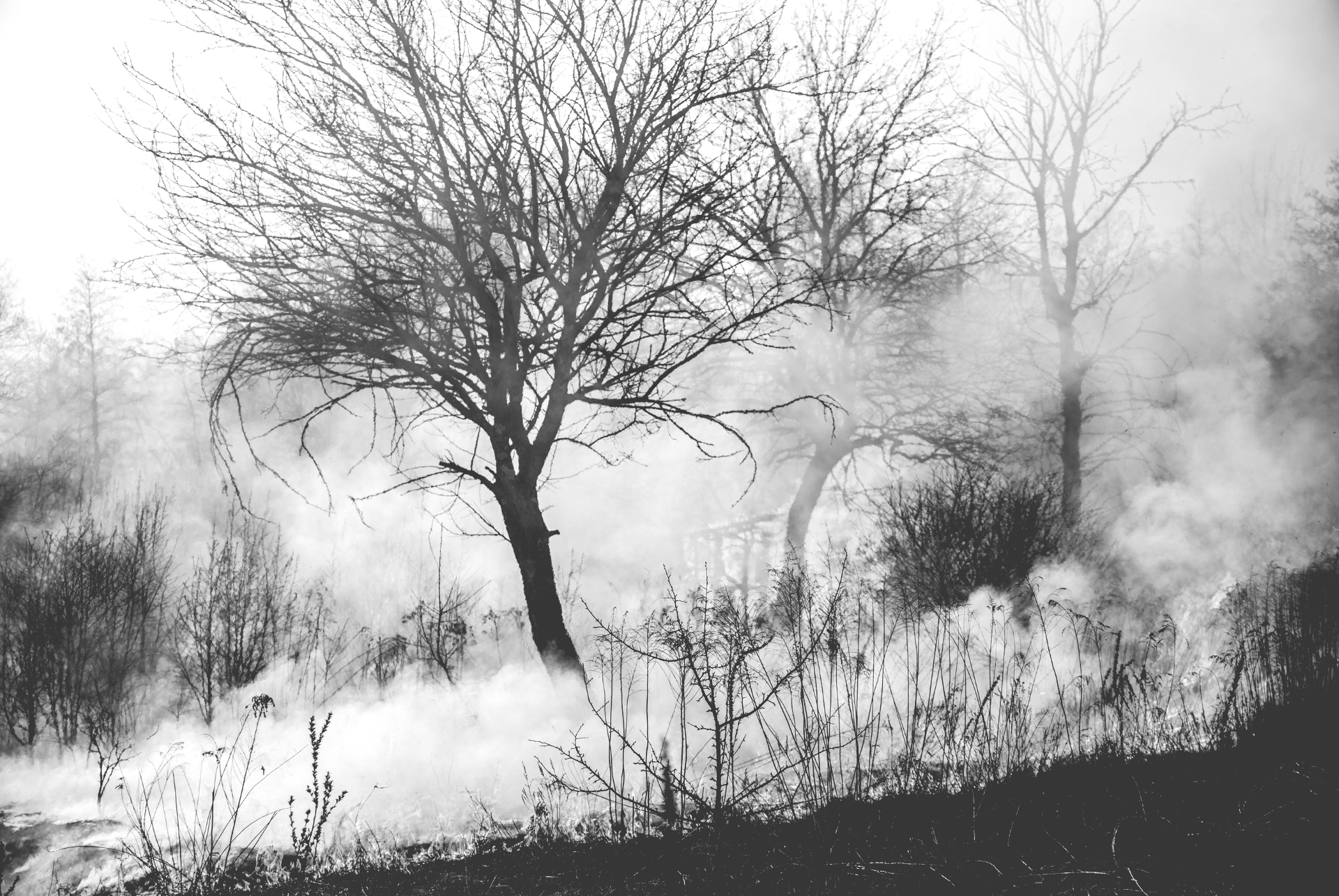Glyphosate: California Now Requires Prop. 65 Warning for Main Roundup Ingredient
Glyphosate, the active chemical in the weed killer Roundup, is now required to be labeled under Prop 65 in California as a carcinogenic substance. This change came into effect on July 7 and is overseen by the California Office of Environmental Health Hazard Assessment.
Prop 65 was voted into law in 1986 and is officially known as the Safe Drinking Water and Toxic Enforcement Act, but it is more commonly referred to in the state as Prop 65. Under this act, California is required to publish a list of chemicals known to cause serious health issues, including cancer.
Currently, more than 900 chemicals appear on the list. These include foods and beverages containing alcohol and caffeine, anti-anxiety medications such as Xanax and Valium, tobacco, marijuana, UV light, gasoline, diesel engine exhaust, and much more.
In addition to appearing on the list, products must also include on their label a Prop 65 warning. The label on glyphosate will include language along the lines of “Warning: This product may contain a chemical known to the state of California to cause cancer, or birth defects or other reproductive harm.”
The greatest risk from glyphosate is seen in individuals mixing or applying the herbicide glyphosate. This can be agricultural workers, maintenance and facilities personnel, and home gardeners, among others. Wearing chemical resistant gloves and protective clothing can help, but the issues with glyphosate appear to go beyond simply being careful to not improperly handle the chemical.
Glyphosate has been found in foods and beverages, is sprayed on the lawns at schools and parks where children play, and has been found in natural streams where the herbicide is widely used.
The EPA has established safe levels of glyphosate in food and drink for more than 150 items, but environmental groups disagree on the safety levels, stating that any levels of the probable carcinogen cannot reliably be considered safe.
In other countries, the use and sale of glyphosate have been banned or strict prohibitions have been put into place in order to protect the health of its citizens. France, the Netherlands, Bermuda, Brazil, Sri Lanka and more have made moves to restrict or eliminate glyphosate use. In the European Union, an 18-month review will conclude at the end of this year to determine the future of glyphosate in designated European countries.
Hundreds of Roundup lawsuits have already been filed by individuals who have developed cancer-related to glyphosate exposure. Of those affected individuals, many are homeowners who have simply used the product to treat their home lawns and gardens, yet ended up developing cancer, and in particular, non-Hodgkin lymphoma.
As Prop 65 labeling requirement comes into effect for glyphosate, products containing the chemical will need to be labeled, and this may far exceed just the Roundup products themselves as more information is revealed with respect to the potential contamination of glyphosate in foods and beverages as well as in locations where the chemical is sprayed.
With the recent Prop 65 labeling of glyphosate, research in the works regarding glyphosate and human health and other countries taking the lead on reducing and eliminating glyphosate exposure, more information will come to light on the chemical’s fate.
If you live in the state of California and use a product that contains glyphosate, but it is not properly labeled, you may qualify to file a Proposition 65 class action lawsuit. Contact the experienced attorneys at Bradley/Grombacher today for a FREE case evaluation.



Quick Links
All Rights Reserved



